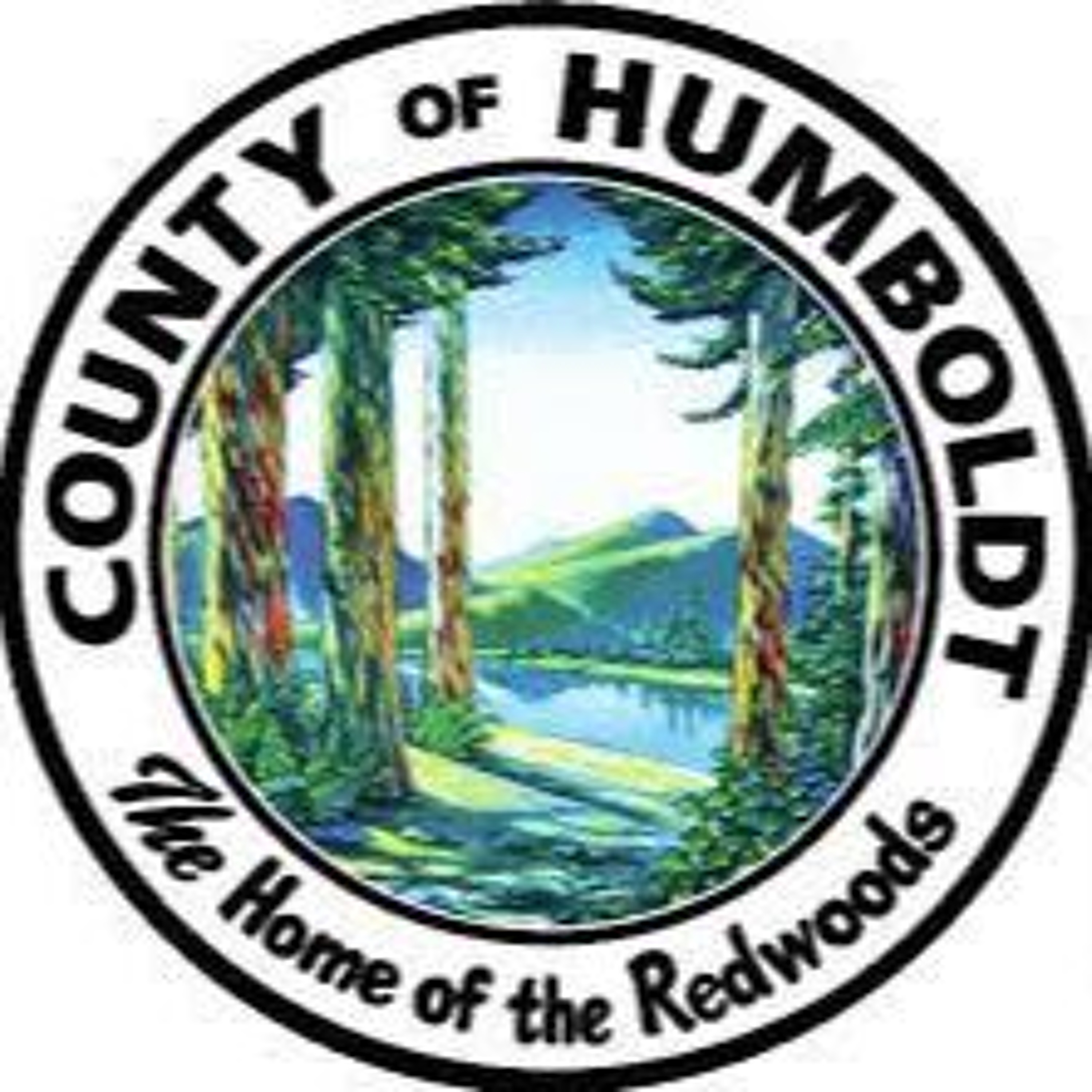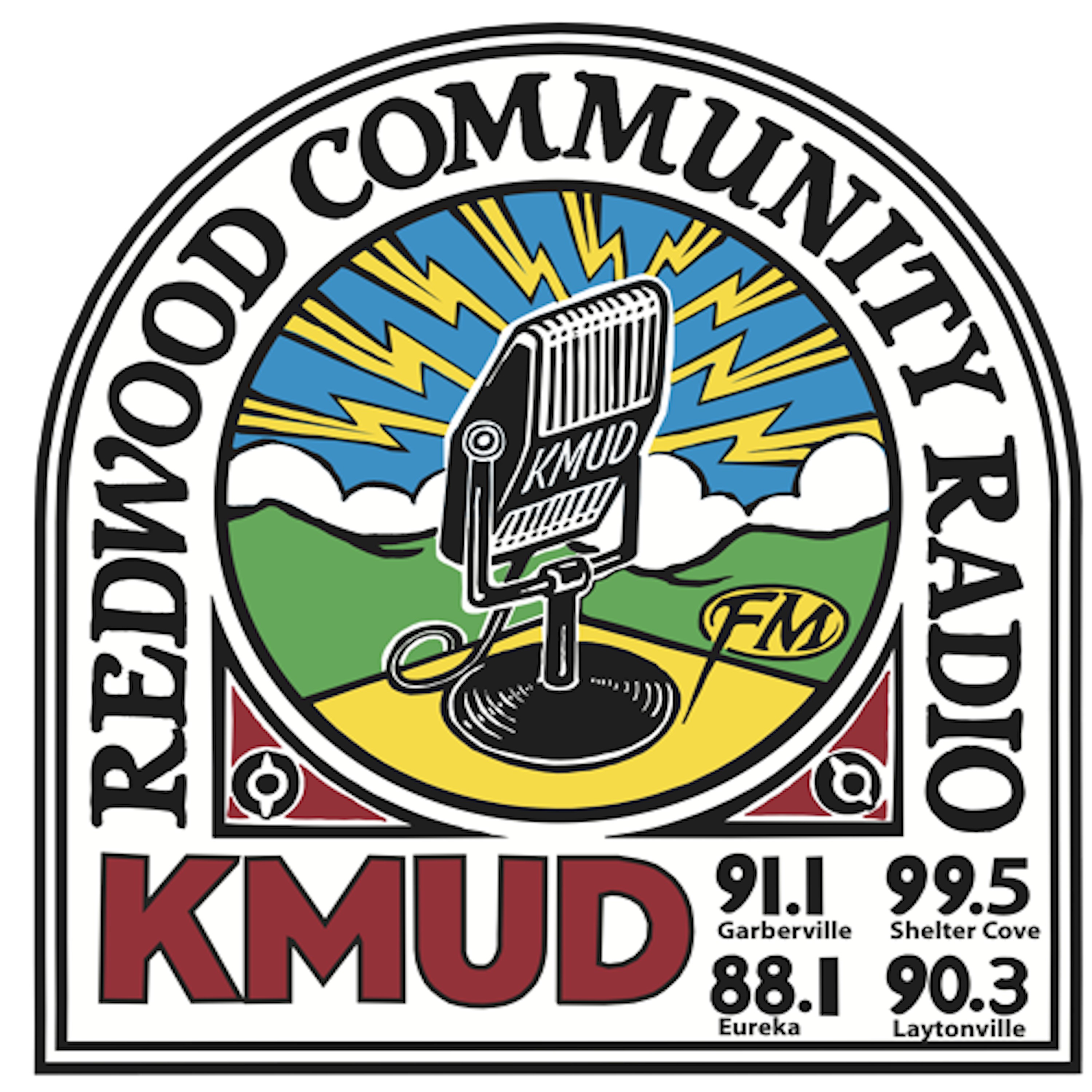Episode Transcript
[00:00:00] Speaker A: February is Black Liberation Month, a preferred term over Black History Month to emphasize the ongoing struggle for black freedom, justice and self determination, rather than solely reflecting on past achievements.
While Black History Month highlights historical figures and milestones, Black Liberation Month centers present day activism, systemic change, and the continuous fight against oppression. Throughout this month, CAYMED News will highlight community members making a positive impact in our region. And tonight we hear from the Eureka chapter of the naacp.
[00:00:42] Speaker B: My name is Sharon Blank. I am the first vice president of the Eureka naacp. I've also been a community member here in Humboldt for nine years.
[00:00:54] Speaker A: The NAACP is the oldest and largest civil rights organization in the United states. Founded in 1909, its mission is to ensure political, educational, social and economic equality for all people and to eliminate race based discrimination. The NAACP works through advocacy, legal action, community engagement and policy initiatives to promote civil rights and social justice.
[00:01:24] Speaker B: The local unit of the Eureka NAACP was established in 1952 here in Humboldt. The national NAACP was actually established by a group of people with all kinds of identities. There were Jewish people, there were black people, there were white people, there were Christians that all came together around 1909. It was established as a. A response to the lynchings that were happening in our country commonly at the time.
[00:01:56] Speaker A: With over 2,200 branches across the United States in all 50 states, local NAACP chapters address civil rights issues within their communities. And the group says it welcomes anyone who supports civil rights.
[00:02:12] Speaker B: One of the things that I need to say because people regularly ask me is that people who do not identify as black can also be part of the naacp. And anyone can join and anyone can bring their skills to the whole group to help support the civil rights of citizens and community members in the country. And particularly here in Humboldt.
[00:02:41] Speaker A: The Eureka chapter of the NAACP has several active programs supporting the community. One of the most impactful is their Legal Redress Committee, which provides direct assistance to community members by addressing complaints, offering advocacy and connecting individuals with legal resources. The local chapter runs Educators for Equity, an online group for Humboldt county educators dedicated to fostering equity in education. The chapter also partners with local groups for community celebrations like Black Liberation Month.
[00:03:17] Speaker B: What people can do during this month that would be helpful and uplifting and starting with really basic things like learning that Black History Month started as Black History Day and then Black History Week and then Black History Month and then now is Black Liberation Month and what all those different things mean. I also think focusing locally is really important. Finding out who the black people are that are leaders throughout Humboldt county in different industries and different areas. Lift up Black community members within your own organizations and get to know more people that identify as black in this community and that are already doing all kinds of work in this community and have been.
[00:04:03] Speaker A: With the recent change in federal leadership, many perceive recent executive orders as a rollback of civil rights protections. This has weighed heavily on many leaders, particularly in the BIPOC community. Addressing those concerns, the NAACP vice president stated the following.
[00:04:23] Speaker B: I think that, and I'm speaking for myself here, I think that it was really clear that we were going to be where we are right now. I think anyone who is surprised about where we are right now, you know, hasn't really been paying attention or is maybe just simply new to these conversations and ideas. And we all start where we are. So, you know, start where you are. Don't stay there. The things I do, the places I'm in, the partnerships I have and the work that I do doesn't change regardless of who's in the. In the presidency. Identifying one's own privilege and power in places of influence and then stepping into those places and doing good work is what all of us can do. It's important to partner with other individuals and organizations because all this work should be done in groups.
None of this work should be done alone, in isolation.
And it's an opportunity to make stronger the relationships in the organizations that already exist. We in Humboldt county seem to really lean into creating new things, new organizations, new structures. And there are existing organizations and structures and individuals that have been doing this work. Now it's an opportunity to join them with our time, with our resources, with learning, support what already exists, because there are people that have been doing this work a very long time.
[00:05:57] Speaker A: In closing, she shares how the broader community can honor Black Liberation Month.
[00:06:03] Speaker B: Go to celebrations.
You know, again, I think Black Humboldt is one of our more visible groups in the community, as well as hc, Black Music and Arts association and the Eureka naacp. Join those groups if you can, donate, if you can, you know, make yourself available for meetings, if that's something that you can do. Also, there's all these events and celebrations throughout the year that need volunteers. Volunteer for that, Join there, find what already exists and join those groups. I think remembering that we're supposed to do all this work together in groups, it's not for any one person to carry the weight of any situation. Taking care of yourself, deciding what that looks like, allowing yourself to experience joy even when things are really hard and challenging, celebrating each other and stepping forward into your own power and stepping into those places where we have privilege and make a difference in the places that you can. That's all any of us are being asked to do here. And it's a tremendous. It's a tremendous thing.
[00:07:23] Speaker A: Again, that was Sharon Blank, the first vice president of the Eureka chapter of the naacp. Speaking to KMAD News for our Black Liberation Month series. Stay tuned throughout February to hear from other black leaders in our community.


